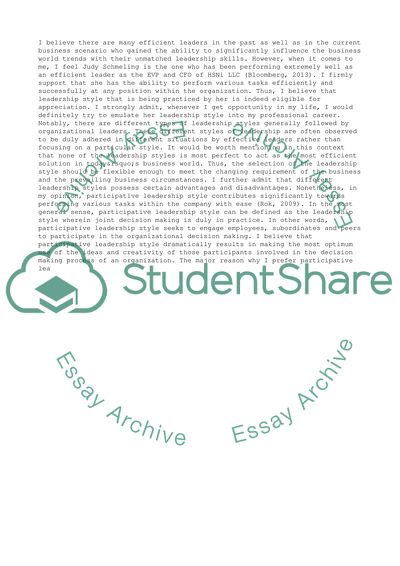Cite this document
(“Leadership & Organizational Behavior Research Paper - 1”, n.d.)
Retrieved from https://studentshare.org/management/1473095-leadership-organizational-behavior
Retrieved from https://studentshare.org/management/1473095-leadership-organizational-behavior
(Leadership & Organizational Behavior Research Paper - 1)
https://studentshare.org/management/1473095-leadership-organizational-behavior.
https://studentshare.org/management/1473095-leadership-organizational-behavior.
“Leadership & Organizational Behavior Research Paper - 1”, n.d. https://studentshare.org/management/1473095-leadership-organizational-behavior.


